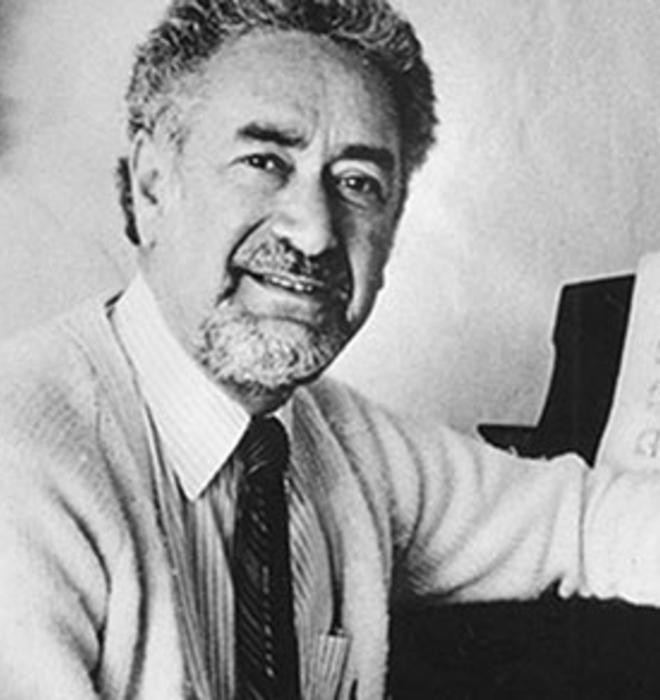
Even now, more than 30 years later, Carolyn Abbate *84 remembers the moment she met the eminent musicologist Dr. Joseph Kerman *50 as “the scariest thing that had ever happened to me.” She was a graduate student who had just delivered a paper at an academic convention. He was a professor and critic with an intimidating reputation. If he did not like a performer’s approach to a piece or an author’s argument about a composer, he would say so, and he could be unsparing.
Fortunately for Abbate, when Kerman approached her after her talk, he said, “I’d like to publish that paper.” Kerman, who was 89 when he died March 17, was credited with enlivening a field he often worried was going stale. He shook things up, encouraging newcomers like Abbate and tilting at the conventional wisdom, as when he declared that Rachmaninoff’s Piano Concerto No. 3 — a warhorse, but also a technical Everest for fledgling performers — would survive for generations, “toothless, creaky, scarcely ecstatic, but still ready to play.” His work could be polemical, but it was also accessible, with an affection for wordplay. His 1977 review of the great German baritone Dietrich Fischer-Dieskau’s autobiography was published as “Follow the Lieder.”
Behind the appealing writing was serious thinking about his chosen field. “Critical thought in music lags conceptually far behind that in the other arts,” he wrote in his 1985 book, Contemplating Music: Challenges to Musicology. “In fact nearly all musical thinkers travel at a respectful distance behind the latest chariots (or bandwagons) of intellectual life in general.”
Kerman jumped to the front after majoring in physics at New York University and serving in the Navy during World War II. At Princeton, his professors included Oliver Strunk, a founding member of the American Musicological Association. Kerman “was sui generis for his time and for Princeton,” says Abbate, a Harvard musicologist who has taught at Princeton.
Kerman went on to join the faculty of the University of California, Berkeley, in 1951, and spent the rest of his career there, retiring in 1994. He returned to Princeton in the 1980s as a visiting fellow, delivering the Christian Gauss lectures.
Lewis H. Lockwood *60, whom Kerman called “the leading American authority on Beethoven,” said that when Strunk died in 1980, his former students assembled a book of reminiscences. “Joe Kerman’s contribution to that little book, and I can quote it from memory without looking it up, was: ‘Strunk had a way of getting at the salience of a question, the central question about issues of history and aesthetics,’ ” recalls Lockwood, a former Princeton professor. “I think that was pretty much true for Joe, too, in his way. He was very strongly interested always in the quality of verbal expression about music, and wonderful at it. His prose style was the envy of all of us.”
James Barron ’77 is a reporter at The New York Times.






No responses yet